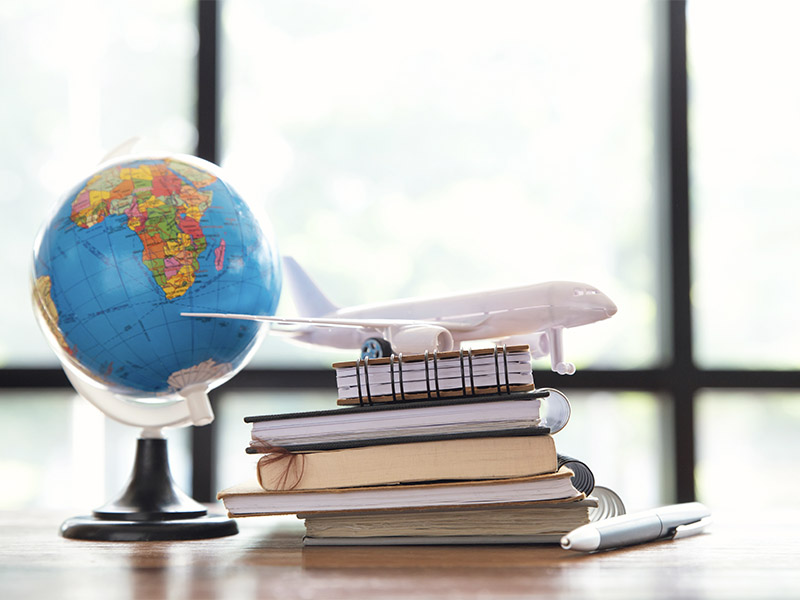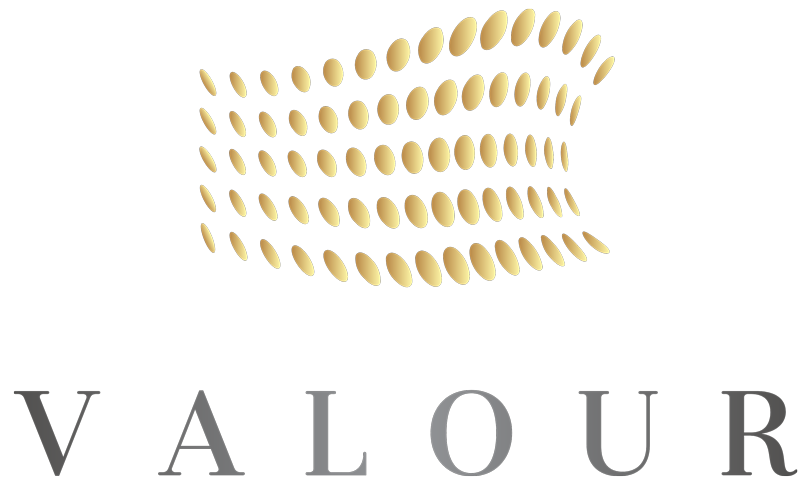Singapore & Malaysia University Application Guide! 📢
📚 Singapore is renowned for its world class education system and international environment, making it a dream destination for many Taiwanese students. Meanwhile, private universities in Malaysia often use the UK A-Level as a key admission criterion.
📝 This guide covers eligibility requirements, required documents, application procedures, interview preparation, and a helpful FAQ section perfect for international students and overseas Chinese applicants.
💬 Plus, we share firsthand tips on preparing for Malaysian medical school interviews, helping you face the challenge with confidence!
How to Apply to Universities in Singapore
Taiwanese students can apply to universities using their high school transcripts along with GSAT or Advanced Subjects Test scores. Applications are typically open from October to March (depending on the university) and must be submitted through the official university websites.
- GSAT scores usually need to be in the top percentile. NTU and NUS may also require Advanced Subjects Test scores for certain programs.
-
- English proficiency:TOEFL or IELTS scores
-
- Some engineering or medical programs may require additional tests, such as the BMAT.
-
- Applying with the IB Diploma:
-
- Public universities like NUS and NTU accept IB Diploma applications, but competition is very intense. Generally, a score of 38 or above (out of 45) is competitive, while popular programs such as Medicine, Law, and Computer Science may require scores of 40 or higher.
- Private institutions such as SIM, Kaplan, and James Cook University Singapore have lower score requirements, generally accepting IB scores of 24 to 30 or above for admission.
-
- Applying with A-Levels: Cambridge and Oxford AQA A-Levels are accepted.
-
- Public universities typically require results in 3 to 4 A-Level subjects, with competitive programs often demanding grades of AAA or higher.
- Private universities usually require passing grades in 3 A-Level subjects, typically around BBC or ABC.
-
- Foundation Programs:
-
- National universities in Singapore generally do not accept Foundation program results unless they come from globally recognized foundation providers, such as those in the UK or Australia.
-
How to Apply to Universities in Malaysia
Malaysia’s higher education system includes public universities, private universities, and international branch campuses (such as Monash University Malaysia and University of Nottingham Malaysia).
Public universities have limited intake for international students, and some programs are not open to non Malaysian applicants.
- Applying with GSAT:
Taiwanese students can apply using their high school transcripts and GSAT scores.
The application period typically runs from March to June, depending on the university.
Applications are submitted directly through the official websites of each institution. -
-
- Malaysian public universities, such as University of Malaya (UM) and Universiti Putra Malaysia (UPM), typically require GSAT scores above the average benchmark in at least four subjects.
For competitive programs like Medicine, Law, and Business, higher scores may be required. - Some public universities in Malaysia do not accept GSAT scores alone.
Applicants may be required to submit A-Level or IB Diploma results, or are encouraged to apply through a recognized foundation program, such as Asasi (Malaysian university foundation). - Private universities such as Taylor’s University and Sunway University have more flexible GSAT requirements, typically setting lower score thresholds for admission.
- English Proficiency: TOEFL or IELTS required; some schools offer English preparatory courses.
- Interview: Required for certain programs, such as Medicine, Law, and Architecture.
- Special Requirements:Some Medicine or Engineering programs may require additional tests, such as UKCAT or BMAT.
- Malaysian public universities, such as University of Malaya (UM) and Universiti Putra Malaysia (UPM), typically require GSAT scores above the average benchmark in at least four subjects.
- Applying with the IB Diploma:
- Public universities like UM, UPM, and USM accept IB Diploma applications, but competition is fierce.
Generally, a score of 35 or above (out of 45) is competitive, while popular programs such as Medicine, Law, and Engineering may require 38 or higher.
- Public universities like UM, UPM, and USM accept IB Diploma applications, but competition is fierce.
-
- Some public universities, such as UPM and UKM, do not open IB applications to all international students. Applicants should confirm whether the university accepts international applicants for their chosen programs.
-
- Private universities like Taylor’s, Sunway, Monash Malaysia, and Nottingham Malaysia have lower score requirements, generally accepting IB scores of 24 to 30 or above for admission.
- Applying with A-Levels: Malaysian universities generally accept A-Levels from Cambridge or Oxford AQA.
-
- Private universities usually require passing grades in 3 A-Level subjects, typically around BBC or ABC, though some less competitive programs may accept lower scores.
-
- Foundation Programs:
- Malaysian public universities like UM and UPM typically do not accept Foundation program results.
- Most private universities accept Foundation Year qualifications, and some schools offer their own foundation programs (such as Monash Malaysia and Nottingham Malaysia). Students can use these foundation courses to progress into bachelor’s degree programs.
位課程
2. Eligibility and Requirements
Applying to universities in Singapore and Malaysia typically requires meeting the following conditions:
3. Application Process and Important Notes
4. Interview and Document Preparation Tips
5. What Do You Gain After a Successful Application?
🌍 Global Education Experience
Receive a world class education while broadening your global perspective and collaborating with peers from diverse cultural backgrounds.
📘 Professional Knowledge and Skills
Gain a solid academic foundation and hands-on experience through rigorous coursework and internships preparing you for future career success.
💡 Personal Growth
Throughout the application journey, you’ll develop valuable skills in self planning, document preparation, and interview communication building confidence and independence.
🎯 Competitive Edge
Strong A-Level results and a diverse background help you stand out among global applicants and give you an advantage in both further education and employment.

6.Q&A
Q1: How do I choose the right university and major for myself?
A: Start by considering your personal interests, academic background, and future career plans. Narrow down your options accordingly, then research the program details and entry requirements on each university’s official website. You can also book a one-on-one consultation with a Valour advisor for personalized guidance.
Q2: What is the minimum A-Level requirement?
A: For Singapore’s public universities, you typically need to submit results for at least three core A-Level subjects. However, for competitive programs, it’s recommended to present strong grades in four subjects to enhance your chances of admission.
Q3: How can I showcase my strengths during an interview?
A: Highlight your academic background, relevant internship or extracurricular experience, and explain how your A-Level studies have prepared you to tackle future challenges in your chosen field. Prepare concrete examples in advance to make your answers more compelling.
Q4: What if I don’t pass the interview? Are there alternatives?
A: Use the interview feedback to identify areas for improvement refine your personal statement, strengthen your subject knowledge, and reapply in the next round or to other suitable universities. Persistence and preparation often lead to success.



